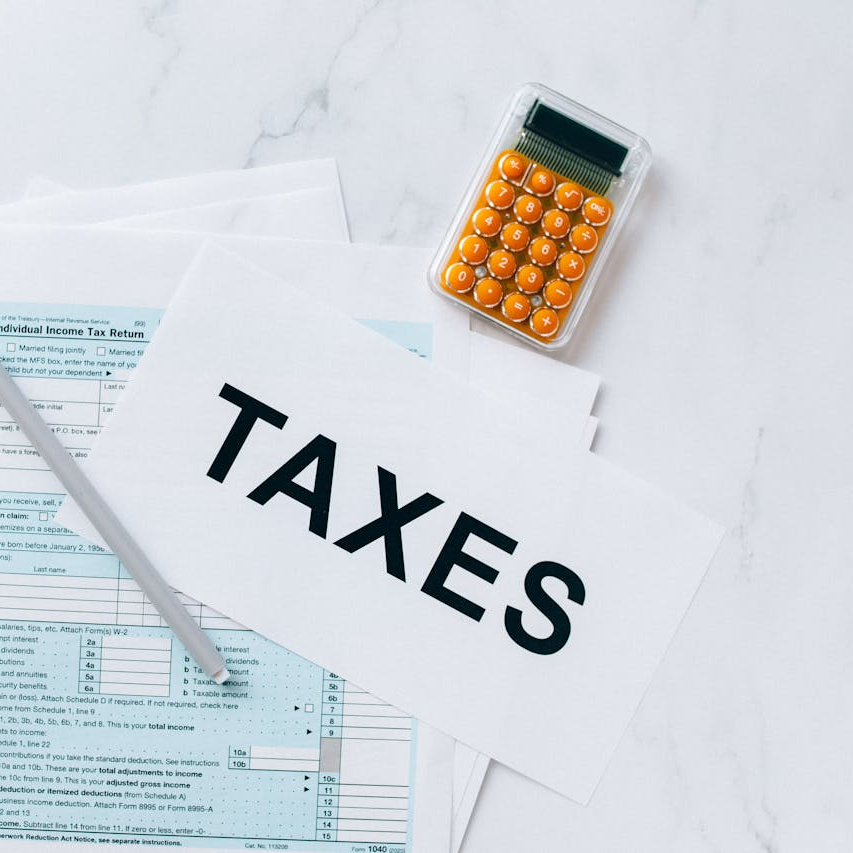After reaching the recommended emergency fund threshold of three to six months’ worth of living expenses, what are the steps to take with your savings? GOBankingRates consulted financial experts to determine the most effective actions to take when your savings reach $10,000 or even $20,000. Consider repaying your debt As a financial analyst for Credit Sesame, Richard Barrington advises individuals to view their finances as a long journey with various milestones to reach along the way. When you attain your initial milestone, such as accumulating $10,000 in savings, it is advisable to address any debts. Barrington notes that if you have any debt, particularly a high-interest debt like a credit card balance, using your savings to pay off is a good next move. Arrange Your Savings for a Variety of Objectives Once the debt has been paid off, or if it was avoided altogether, individuals can then focus on other crucial savings goals, according to Barrington. These goals may include saving for a down payment on a home, vehicle, vacation, children’s college tuition, or retirement, depending on individual lifestyle plans. “As your savings build, you should be able to split the money up to earmark it for different things,” advises Barrington. “This way, you can make sure to start working on very long-term goals like saving for retirement earlier.” To efficiently allocate savings towards specific goals, individuals can consider opening multiple sub-accounts with their bank or keeping all savings in one account and tracking allocations through a spreadsheet. Consulting with a financial advisor can also aid in creating a more efficient savings plan and identifying necessary savings amounts to meet goals, create an action plan, and determine the best types of accounts to meet objectives, according to Colleen Carcone, Director of Wealth Planning Strategies at TIAA. “A financial advisor can also help you develop a savings and investment strategy,” she adds. Start to make investments in tax-advantaged accounts Financial advisors may recommend investing a portion of savings into tax-advantaged accounts to maximize growth and minimize tax obligations. These accounts can include employer-sponsored 401(k) or 403(b) plans, Roth IRAs, annuities, and 529 plans. Employer-sponsored 401(k) or 403(b) plans often offer a matching contribution from the employer on a certain percentage of an individual’s salary, typically between 3% and 5%. For instance, an employer may match the first 3% of an employee’s salary contributed to a 401(k) or 403(b) plan, resulting in a significant boost to savings. Roth IRAs allow individuals to invest money that has already been taxed, resulting in tax-free growth and tax-free withdrawals in retirement. However, there are limits on the amount that can be contributed to traditional and Roth retirement savings plans. Annuities can serve as a complementary option, as they involve investing after-tax dollars that grow tax-deferred. In retirement, an annuity’s growth (but not the principal) is taxed as ordinary income, which may result in a lower tax rate due to typically lower retirement income. 529 plans can be a helpful option for saving towards a loved one’s education, as contributions to these plans grow income tax-deferred and distributions for qualified educational expenses are tax-free, according to Carcone. Carcone advises seeking the assistance of a financial advisor to determine the best tax-advantaged accounts for meeting specific savings goals and to create a plan for maximizing growth and minimizing tax obligations. Try to Maintain the Integrity of Your Emergency Fund It may be tempting to splurge or use part of your emergency fund for non-essential expenses after several months or years of not utilizing it. However, financial analyst Richard Barrington advises against giving in to this temptation. “Don’t let that $10,000 tempt you to splurge,” warns Barrington. “When people accumulate that much money for the first time, it’s natural to want to spend it on something. Remember, though, that you reached that goal by being disciplined. Keep up the good work, and you can start building long-term wealth instead of just paying for short-term spending.” Maintaining discipline and refraining from using the emergency fund for non-essential expenses can help individuals build long-term wealth and financial stability.”
Contact Information:
Email: tsweet9219@aol.com
Phone: 2624906519
Bio:
30 + years as a Financial Planner. Securities (Series 1,7, and 65) and Insurance Licensed. Retirement Planning including the actual planning of where your income will come from as well as a discussion of products to get you there. The market has been volatile since Covid broke out and many people are not comfortable with this. If you are retired we will look at your total income and tax situation. If you are still working we have some more time to plan.














